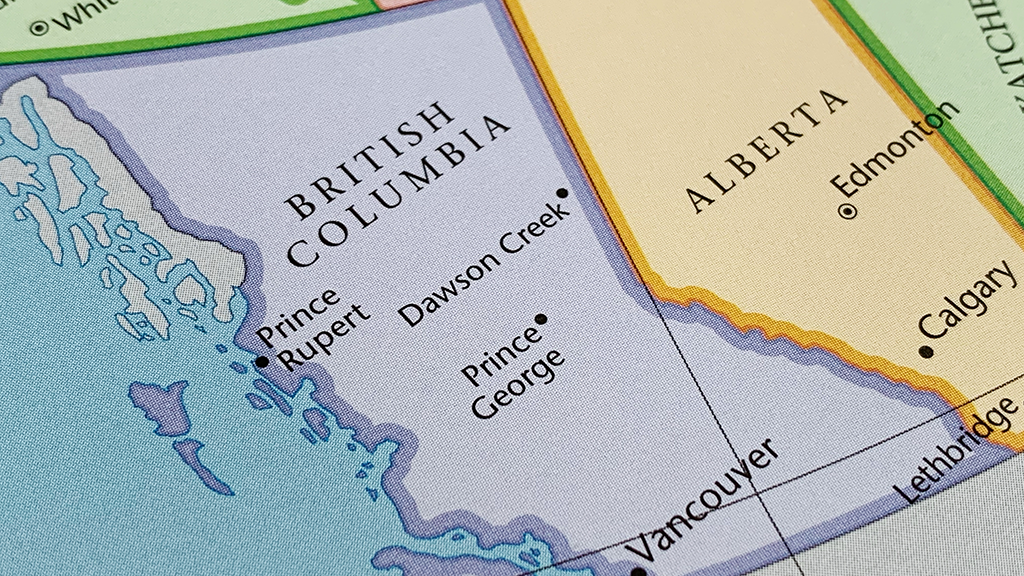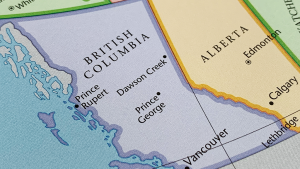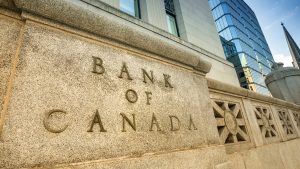The recently announced tariffs and counter-tariffs are bad news for the construction industry.
To get an idea of the impact on the western Canadian economy and construction industry, the Journal of Commerce talked to some experts on the subject.
Paul de Jong, president and CEO of the Progressive Contractors Association of Canada, says, “We’re in monitoring mode right now. We know the tariffs we have to deal with now, but not the ones next week.”
He urges the federal government to maintain Canada’s rules-based trading relationship with the US.
“At some point the raging winds will calm down,” de Jong says.
BC Construction Association (BCCA) president Chris Atchison says the organization recently surveyed its members.
“Thirty per cent are ‘extremely concerned’ about the tariffs,” says Atchison. “And 20 per cent are not confident their contracts on existing projects will protect them from tariff risk being transferred to them.”
BCCA members are also concerned Canadian counter-tariffs could increase the cost of imported materials from the U.S. and reduce supply.
“Overall economic uncertainty could lead to fewer projects to bid on,” says Atchison.
Calgary Construction Association president Bill Black says owners have been telling contractors the latter won’t be protected from tariffs.
“They’re leaving all the risk with contractors,” says Black. “The result will be that owners will get fewer bidders for their projects. Contractors won’t waste their time bidding if they’re going to carry all the tariff risk.”
Black says the same thing happened during COVID-19.
“Many owners believe the industry is desperate for work,” he says. “That’s not true. Some contractors won’t work for certain owners. It’s about time they stood up for themselves.”
Chris Lorenc, president of the Manitoba Heavy Construction Association, says “nobody knows what to expect” from the “on-again, off-again” tariffs.
“The biggest impact on heavy civil will be the price of imported steel used in bridges and other civil structures,” says Lorenc. “Also, the price of imported pick-up trucks and imported heavy equipment components.”
David Johnson, president of the Edmonton Construction Association, says the situation until now has been full of indecision and delays.
Contractors don’t know if they should procure more materials now, in case of tariffs later, or delay procuring them and waiting to see what happens next.
“It costs to hold inventory that isn’t being used right away, and not all members have the resources to finance that,” says Johnson. “The small- and medium-size companies can’t weather the storm as easily as the big companies.”
He says owners and contractors need to work together.
“The sliver of a silver lining in this is that the industry could come out of it better than it went into it, like COVID.”
Speaking about the economy as a whole, Jack Mintz, the president’s fellow of the school of public policy at the University of Calgary, says the trade commotion has been exposing Canada’s existing economic weaknesses and vulnerabilities.
Mintz proposes four “big bangs” that will get the economy growing again:
- Regulatory reform;
- a reformed tax system;
- improved public sector productivity; and
- new markets for our resource products.
Christopher Adams, adjunct professor of political studies at the University of Manitoba, says trade disruptions will hurt Winnipeg’s locally important aviation industries as well as New Flyer Industries, the largest bus manufacturer in North America.
“The media has overlooked the effect of the trade war on Canadian agriculture,” says Adams. “In the west, that means canola and pork, which are exported to China as well as to the U.S.”
Todd Hirsch, Calgary-based economist and public speaker, says tariffs and counter-tariffs could affect the Canadian economy in two ways.
“First, directly, by affecting particular industries – automobiles, aluminum, steel and forest products,” says Hirsch. “If the price of those products increases, they become less competitive in the U.S.”
The second effect is indirect.
“The announcements have created chaos and uncertainty, which discourages investment and could send the global economy into recession,” says Hirsch.
“I haven’t seen so much confusion and unpredictability since COVID. It makes predictions impossible.”
It doesn’t help us to “light our hair on fire,” he says.
“We can’t control what Trump does, but we can control our own actions,” says Hirsch.
Canada needs to work with other global trading partners who are stable and friendly.
“We can’t replace the U.S. entirely, but we can diversify and tie our life rafts together,” he says.












Recent Comments